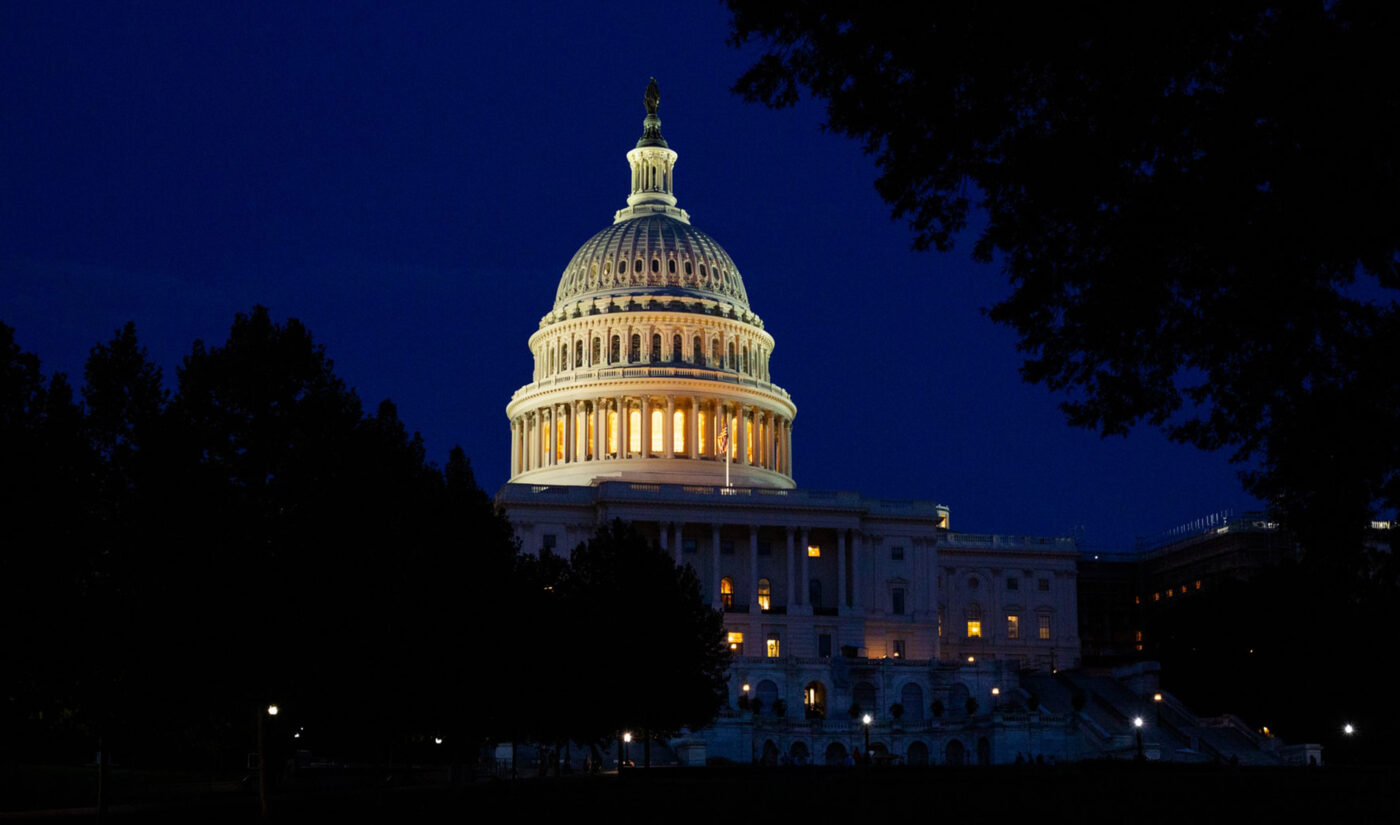A new bipartisan bill proposes to strip Section 230 protections from social media platforms that refuse to share internal data with researchers.
Sponsored by Democrat Sens. Chris Coons and Amy Klobuchar, and Republican Rob Portman, the Platform Accountability and Transparency Act (PATA for short) would require platforms to share “qualified data and information” with researchers and projects approved by the National Science Foundation (NSF).
The NSF is an independent U.S. government agency that funds non-medical science and engineering research.

Subscribe for daily Tubefilter Top Stories
Per the text of the bill, its purpose is to “support research about the impact of digital communication platforms on society by providing privacy-protected, secure pathways for independent research on data held by large internet companies.”
“Social media companies have incredible amounts of data about each of us—but right now, they’re the only ones that get to use it to their advantage,” Coons, a Senator from Delaware, said in a tweet. He, Klobuchar, and Portman hope PATA “will change that.”
The bill doesn’t specify what kinds of data researchers would be able to request. It broadly covers “data and information from a platform that the NSF determines is necessary to allow a qualified researcher to carry out the research contemplated under a qualified research project.”
Texas’ extreme and unconstitutional abortion ban remains in place.
We must pass the Women’s Health Protection Act to ensure Americans can control their own bodies, lives, and futures. https://t.co/PNYBBXy7xb
— Senator Chris Coons (@ChrisCoons) December 10, 2021
In addition to establishing the right for NSF-approved researchers and projects to access platforms’ information, PATA lays out a punishment for those who don’t comply: It suggests changing Section 230 of the 1996 Communications Decency Act so it no longer covers platforms unwilling to hand over information.
For those not familiar, Section 230 is commonly referred to as the “safe harbor” clause. This federal statute says that providers of “interactive computer services” where users can post their thoughts are not considered to be the publishers of those thoughts. And since they’re not publishers, they’re not legally liable for vetting or approving users’ content. So, if anything that’s posted is libelous or lawbreaking, platforms can’t be sued.
Booting a platform out from under Section 230’s umbrella would remove all that immunity and leave it open to legal action.
Basically, it’s safe to say platforms very much do not want to lose Section 230 protection.
PATA is far from the first bill that includes language intended to chip away at Section 230. Since the start of 2020, more than 30 proposed bills have suggested changes to the section. You can read about them (with updates about their current statuses) here.








